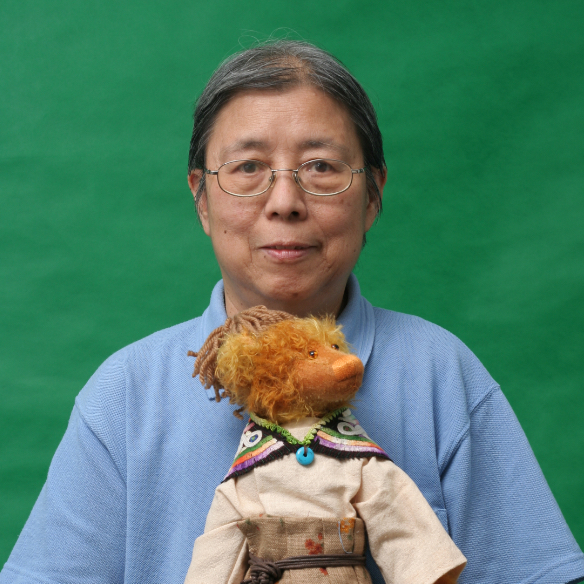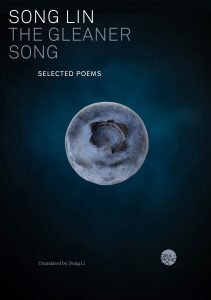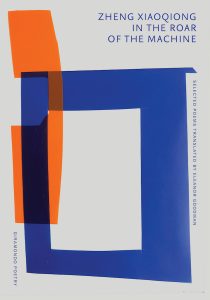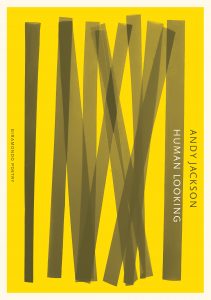Basket
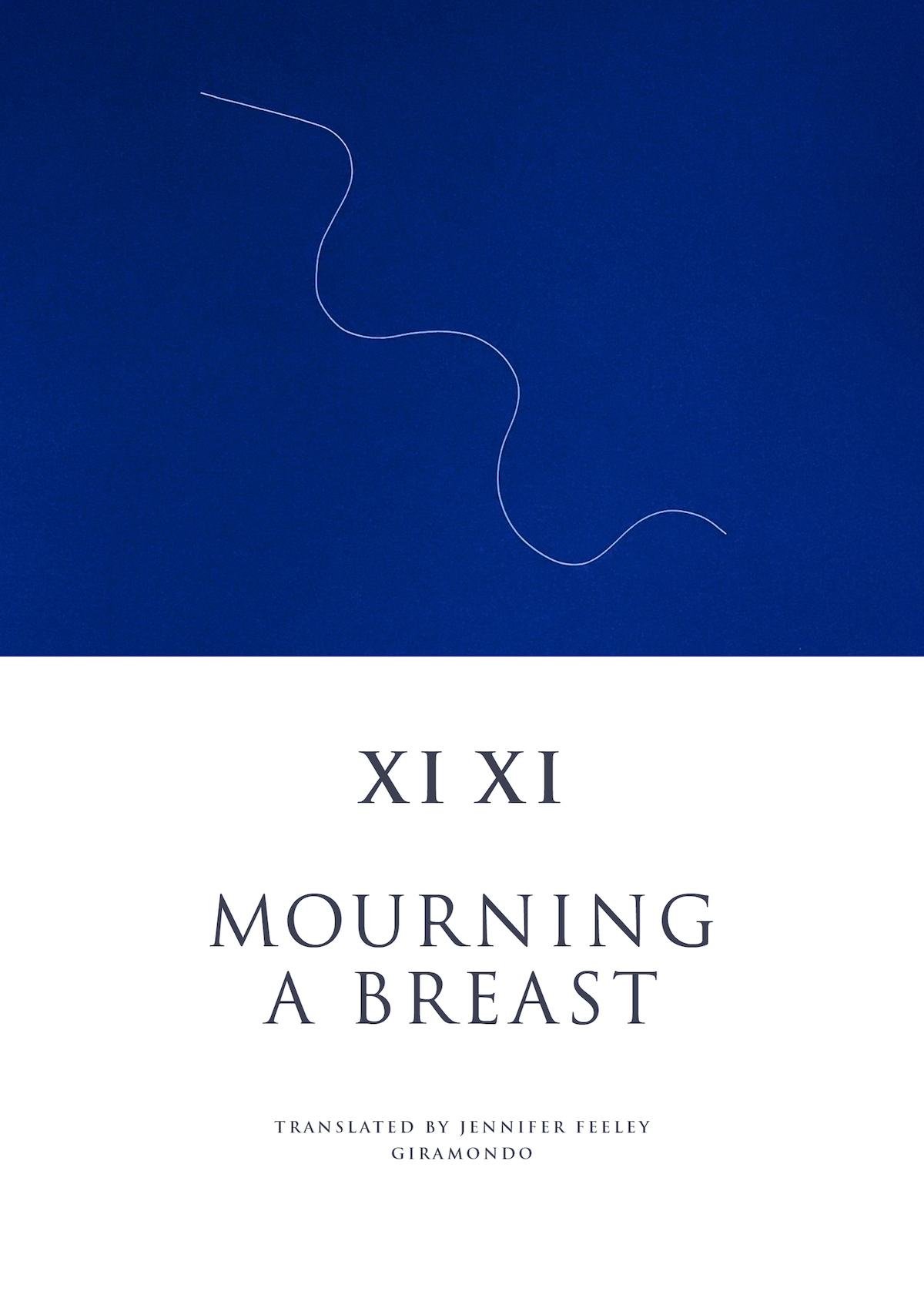
Mourning a Breast
In 1989, the cult Hong Kong writer Xi Xi was diagnosed with breast cancer, and began writing to make sense of her illness and its treatment. The book she wrote was heralded as the first Chinese-language work to cast off the stigma of speaking frankly about disease, a disarmingly honest and personal account of her experience of a mastectomy and subsequent recovery.
Mourning a Breast takes a kaleidoscopic approach to the experience of illness, chronicling the author’s days in all their variety: not only her evolving relationship to her body and medicine, but also literature and movies, food and clothing, friendship and solitude. Xi Xi describes her experiences with humour and quiet attentiveness – in swimming pool changing rooms, at tai chi classes in the park, in conversations with friends. All the while, she explores the arcades, streetscapes and skyscrapers of Hong Kong, offering a portrait of a city full of life, on the verge of enormous change. Now translated into English for the first time, Mourning a Breast is a radical, generous and wise book about creation in the face of grief.
[A] superb work of autofiction… Xi’s matter-of-fact prose and in-depth analysis are deeply satisfying. This is a must.
Publishers Weekly
A beautiful book, encompassing diagnosis and treatment, and of course it’s about much more than loss. I marvelled throughout at the way Xi – the first Hong Kong writer to win the Newman Prize – was able to observe the illness, and the process of treating it, from a quiet distance.
Caroline Overington, The Australian
Using language that was deceptively simple, almost childlike, Xi Xi infused her fiction and poetry with eclectic references to literature, cinema, art, architecture and fairy tales… Her work captured the unease of Hong Kong’s transition to Chinese rule, gave voice to the city’s children and working-class residents, and helped put it on the literary map.
The New York Times
Mourning a Breast engages an innovative mix of writing drawn from multiple genres and disciplines, all centred on the exploration of an unwelcome sign – a tumor inside a breast. Xi Xi transports us from the technique of stitching skin to the process of splicing film for an experimental movie, and moves freely between her post-surgery feelings about her renovated bathroom and a public debate on the architectural design of the Hong Kong Cultural Centre. Xi Xi would be delighted to read Feeley’s attentive and even playful translation, especially given that translation is one of the book’s key motifs. A brilliant reader of her own illness, Xi Xi regards a literary work, a person’s body, and the earth itself in need of continuous translation and interpretation.
Dorothy Tse
The breast is the epicenter, where the complexities of society, literature, translation, personal care, history, art, and identity converge and transmute into a deeply felt and profoundly original narrative. Mourning A Breast is the story of Xi Xi’s own experience, translated by Jennifer Feeley with precision and a subtle undertone of celebration, a generous invitation to navigate the depths of womanhood, of cancer, with humor and unflinching honesty.
Xuan Juliana Wang
[Jennifer Feeley translates] with sensitivity to the author’s shifting narrative voice and mixed genres, her remarkable erudition, and her wonderful sense of humour. Mourning a Breast remains an important book by one of Hong Kong’s greatest contemporary writers. It deserves the attention of a new generation of readers.
Marsha McDonald, Cha Journal
A book that combines introspection and intellect to form a kaleidoscopic and compassionate account of an afflicted body and a society in transition… Xi Xi’s intellect and candor find kinship in the cancer narratives of Susan Sontag and Audre Lorde, but her style most closely anticipates that of Anne Boyer, who reckoned with a particularly aggressive form of breast cancer in The Undying, which won a Pulitzer Prize in 2020.
Mimi Cheng, Washington Post
About the Author & Translator
Reviews
[A] superb work of autofiction… Xi’s matter-of-fact prose and in-depth analysis are deeply satisfying. This is a must.
Publishers Weekly

